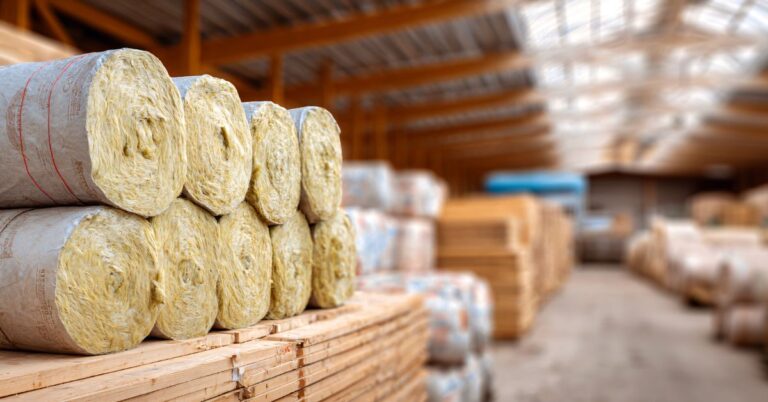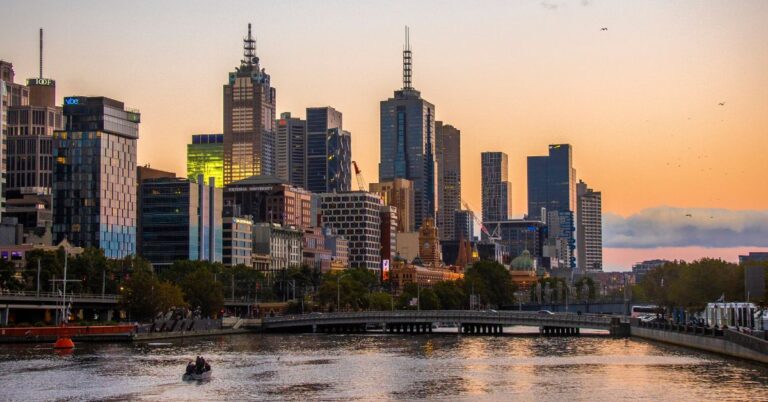Planning a home extension is an exciting way to expand your living space and increase your property’s value — but the first question every Melbourne homeowner asks is: how much does a house extension cost?
While there’s no single price that fits every project, understanding the extension cost factors, design options, and budgeting strategies can help you make confident, informed decisions before construction begins.
This guide explains all the key pricing variables and offers practical budget planning advice for your next home expansion.
Average Cost of a House Extension in 2025
In Australia, the average cost of a house extension in 2025 typically ranges from $2,500 to $4,500 per square metre, depending on design complexity, materials, and location.
Here’s a general breakdown for context:
- Basic single-room extension: from $50,000 – $90,000
- Mid-range multi-room addition: $120,000 – $200,000
- Large or luxury extensions: $250,000 – $400,000+
Remember, every home is different. The total cost breakdown depends on your home’s layout, the type of extension, and your chosen finishes.
Main Factors Affecting House Extension Costs
When estimating how much your house extension will cost, several major pricing variables come into play.
1. Size and Scope of the Extension
The size of your addition is one of the biggest cost drivers. Smaller, single-room additions are far more affordable than large, open-plan expansions that require new roofing, plumbing, or foundations.
2. Type of Extension
Different extension types come with different price tags:
- Single-storey extensions are simpler and more cost-effective.
- Double-storey or second-level extensions require more complex structural work, increasing costs significantly.
- Rear or side extensions often depend on access and available land.
3. Materials and Finishes
Your choice of materials — flooring, walls, roofing, and fixtures — can greatly affect costs. Premium finishes like hardwood flooring or stone benchtops can quickly increase your total spend.
4. Design and Structural Complexity
Unique architectural designs, roof modifications, or large glass panels may add to labour and material costs. A straightforward box-shaped extension is cheaper than one with multiple corners or custom joinery.
5. Site Access and Conditions
Limited site access, sloping blocks, or poor soil conditions can raise costs by adding excavation or equipment expenses.
6. Permits and Council Requirements
All extensions require building permits, and some need planning approval. Melbourne homeowners can expect to pay between $1,000–$3,000 for permits and related documentation.
7. Labour and Builder Experience
Builder rates in Australia typically range from $60–$120 per hour. Hiring an experienced, licensed builder ensures quality work and avoids costly mistakes later.
Typical Cost Breakdown for House Extensions
A clear cost breakdown helps you visualise where your money goes:
- Design and permits: 5–10% of total cost
- Site preparation and foundations: 10–15%
- Structural framing and roofing: 20–25%
- Plumbing and electrical work: 10–15%
- Windows, doors, and insulation: 10%
- Finishes and interior work: 25–30%
- Contingency fund: 10–15%
This breakdown helps with budget planning and ensures you’re financially ready for each phase.
Single vs Double-Storey Extension Costs
Single-Storey Extension
A single-storey house extension is ideal for adding space without major structural changes. Costs range from $2,000 to $3,500 per square metre, depending on materials and design.
Double-Storey Extension
If you’re short on land but want more space, a double-storey extension can double your home’s living area. Expect prices around $3,500 to $4,500 per square metre, as it involves additional structural engineering, roofing, and staircase installation.
Smart Budget Planning Tips
Managing your renovation finances is essential for success. Here’s how to stay on top of your house extension budget:
- Start with a detailed design plan – Get accurate quotes based on approved drawings.
- Request itemised builder quotes – Avoid vague lump-sum pricing.
- Include contingency funds – Always set aside 10–15% for unexpected issues.
- Prioritise essentials – Spend on structure and quality over luxury extras.
- Avoid mid-project changes – Variations can be costly once construction starts.
Proper budget planning ensures your dream extension stays financially realistic.
Common Hidden Costs to Watch Out For
Even with careful preparation, unexpected expenses can appear. Common hidden costs include:
- Soil testing and site reports
- Upgrading outdated wiring or plumbing
- Temporary accommodation if the home is unlivable during work
- Landscaping and external finishing touches
- Extra permit fees for heritage or zoning restrictions
Anticipating these factors early helps you prevent budget blowouts.
Why a House Extension Is a Smart Investment
A well-planned home extension can increase property value by 20–30% while improving comfort and functionality. Compared to moving, extensions are often more cost-effective — especially in desirable Melbourne suburbs where land is expensive.
Extensions also allow you to customise your space without leaving your neighbourhood or compromising on lifestyle.
FAQs: House Extension Cost
1. What’s the average price per square metre for a home extension?
Expect between $2,500 and $4,500 per m², depending on design, materials, and labour.
2. Is it cheaper to extend or move house?
Extending is usually cheaper than buying a new home, especially when factoring in stamp duty and moving expenses.
3. Do I need council approval for a home extension?
Yes — most extensions require building permits and sometimes planning approvals.
4. How long does a house extension take to complete?
Typically, 12 to 24 weeks, depending on project size and weather.
5. Can I live in my home during the extension?
In most single-storey cases, yes. For larger or structural projects, temporary relocation might be necessary.
Conclusion
So, how much does a house extension cost? While prices vary, understanding key extension cost factors and smart budget planning can make all the difference. Whether you’re adding a new bedroom, extending your kitchen, or building a second storey, careful financial preparation ensures a smooth and successful project.
Speak with a qualified Melbourne home extension builder today for accurate price estimates tailored to your home and vision.
Suggested Image Placements
- Builder working on Melbourne home extension (Alt: House extension under construction Melbourne)
- Completed modern rear extension (Alt: Contemporary home extension Melbourne)
- Family viewing new open-plan living area (Alt: Melbourne home extension interior)
Internal Linking Opportunities
- “House Extension Cost Melbourne”
- “Home Addition Cost Melbourne”
- “Renovation Cost Melbourne”
- “Second Storey Cost Melbourne”
- “Custom Home Cost Melbourne”
External Links
Schema Markup Suggestions
ArticleFAQPageHowTo




